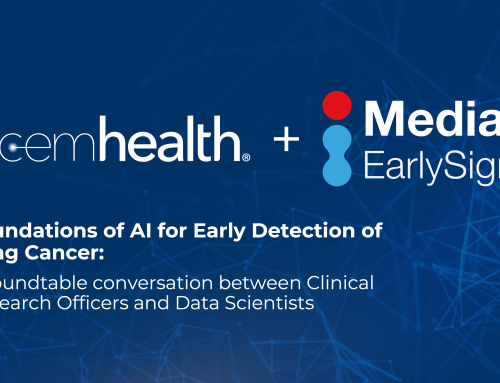
Treatable Stage I and Stage II Colon Cancer: Importance of AI-Enabled Early Detection
As the calendar turns to a new year and the holiday festivities wind down, many take stock of their health and make resolutions for improvement. Colon cancer serves as an example where small steps can make a significant difference.
Screening is recommended to start at age 45 for average-risk individuals, yet nearly 1 in 3 Americans are not up to date with this simple test that could save their life.
Treatment Options for Stage 1 Colon Cancer
When caught at the earliest, localized stage – often referred to as Stage I – the five-year survival rate for colon cancer exceeds 90% [1]. That’s right – 9 out of 10 individuals will still be alive half a decade after diagnosis when the cancer is found before it has spread beyond the colon wall.
At this early stage, treatment typically involves surgical removal of the cancerous section of the colon. For many patients, this is done via a minimally invasive laparoscopic procedure with a shorter recovery time compared to open surgery. In some cases, no further treatment beyond surgery may even be needed.
Management of Stage II Colon Cancer
Even when the cancer has grown slightly into nearby tissues but has not yet reached the lymph nodes (Stage II), the five-year survival still exceeds 80%. Again, surgery is usually the primary treatment combined with potentially a short course of chemotherapy to eliminate any remaining cancer cells.
The key takeaway is that when colon cancer is detected before it has the chance to metastasize to other organs, it remains a highly treatable disease. Many patients never even require ongoing cancer treatment beyond their initial procedure.
AI-Enabled Detection for Colon Cancer
So how might care providers reach unscreened patients at higher risk? By stratifying risk and guiding outreach, your screening programs can run with maximum efficiency and impact. No longer must a one-size-fits-all approach be taken – AI-enabled targeting enables more personalized prevention at scale. By using real-world patient data and advanced analytics, clinical AI solutions can flag those at higher statistical risk of having undetected colon cancer – highlighting potential cases early enough that they are still localized and treatable with a high likelihood of long-term remission.
At Lucem Health, we are dedicated to early disease detection so more people can reach next winter cancer-free. Here’s hoping the New Year brings brighter days and healthier communities for all.
